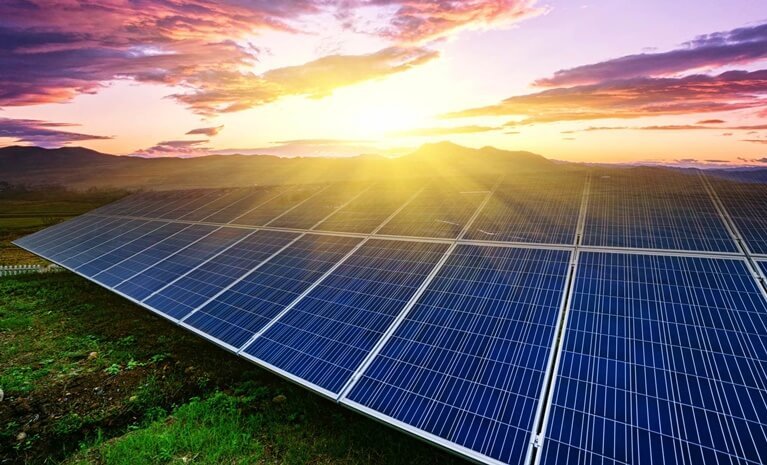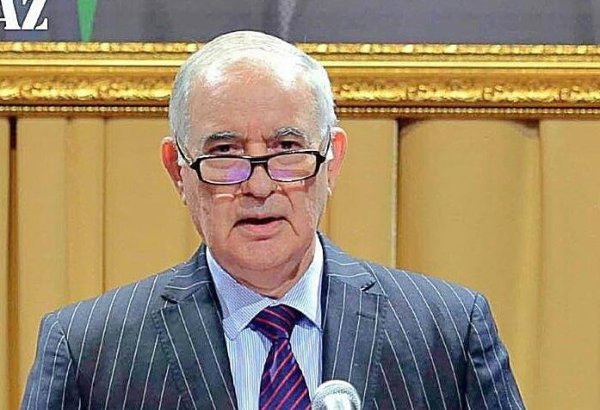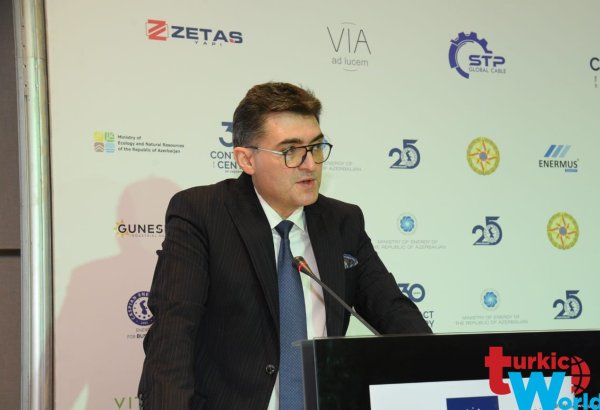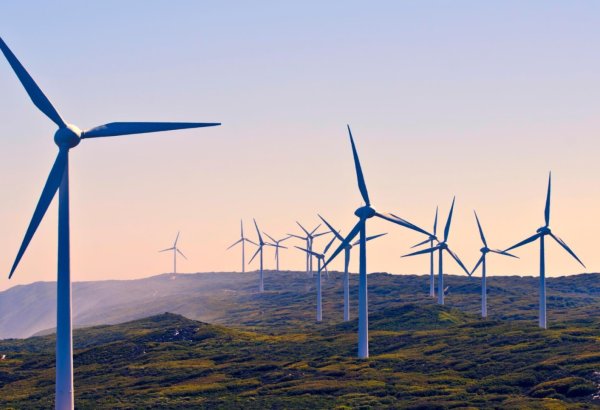BAKU, Azerbaijan, July 16. Solar energy production in Azerbaijan has surged to an all-time high, said Vugar Bayramov, Member of Azerbaijani Parliament's Committee on Economic Policy, Industry and Entrepreneurship, TurkicWorld reports.
"In the first half of this year, solar energy production increased ninefold, from 32.3 million kWh to 286.6 million kWh. Nationwide, electricity production totaled 13.56 billion kWh. During this period, wind farms generated 29.7 million kWh and solar farms generated 286.6 million kWh of electricity. Consequently, electricity production from green energy sources nearly doubled compared to the same period last year, rising from 1.08 billion kWh to 2.03 billion kWh," the MP wrote on his social media.
He added that the increase in renewable energy production in Azerbaijan, which will host COP29, supports the expansion of the green energy zone in the region.
"This is our country's contribution to achieving global and regional goals in combating climate change, protecting the environment, and strengthening the green economy. In developed countries, communities and households produce energy from renewable sources, including wind and solar, for their consumption and sell the surplus to the government. Implementing similar practices in Azerbaijan could increase energy production and lower energy prices for citizens. This could reduce energy costs and introduce a new approach to energy production and sales. For this, it is important to develop an integrated community-based infrastructure.
Azerbaijan's renewable energy potential is estimated at 27,000 MW, with 23,000 MW from solar energy and 3,000 MW from wind energy. Solar energy production is feasible across almost the entire country, while the Baku, Absheron, and Khizi regions are particularly favorable for wind energy," Bayramov stated.
This November, Azerbaijan will host COP29. This decision was made at the COP28 plenary meeting held in Dubai on December 11 last year. Baku will become the center of the world and will receive about 70-80,000 foreign guests.
The United Nations Framework Convention on Climate Change is an agreement signed at the Earth Summit in Rio de Janeiro in June 1992 to prevent dangerous human interference with the climate system. COP - the Conference of the Parties - is the highest legislative body overseeing the implementation of the Framework Convention on Climate Change. There are 198 countries that are parties to the Convention. Unless the parties agree otherwise, the COP is held annually. The first COP event took place in March 1995 in Berlin, and its secretariat is located in Bonn.




















